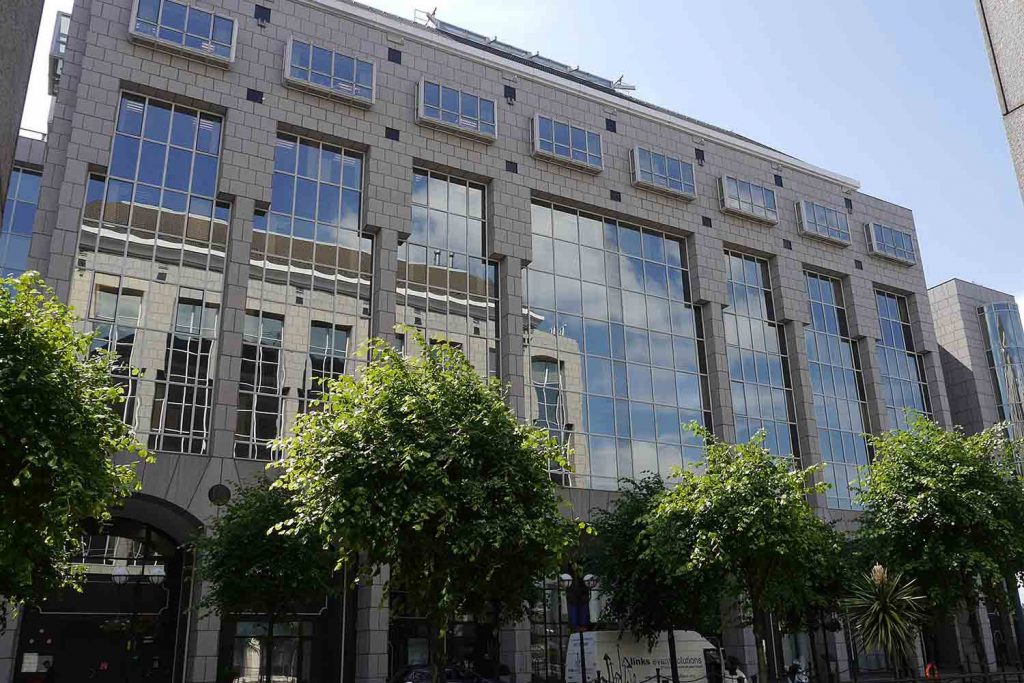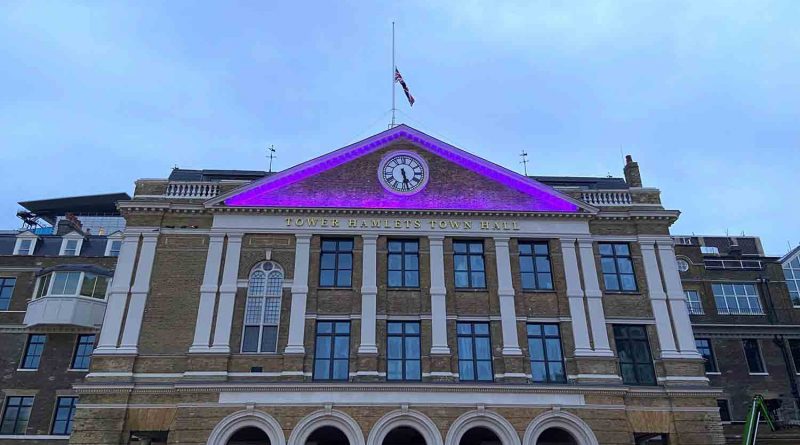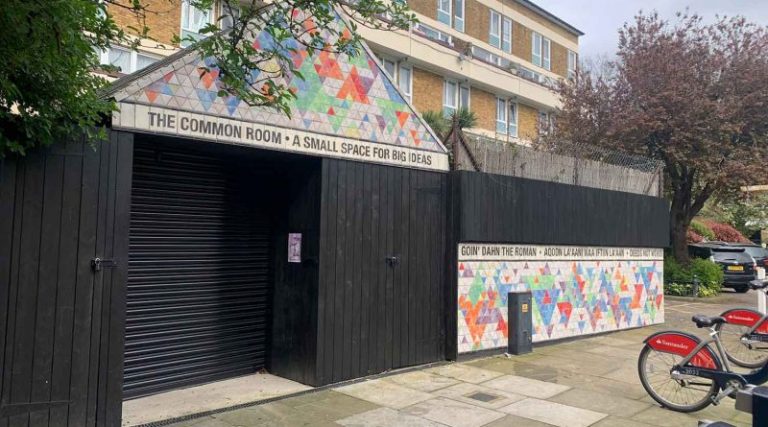Tower Hamlets Town Hall moves to former Royal London Hospital in Whitechapel seven years after works began
The Tower Hamlets Town Hall has moved to a £115 million building with the promise of enhancing local democracy.
The multimillion-pound project was approved in 2015 after the former premises at Mulberry Place in Poplar were deemed too remote for local people to get their voices heard.
Tower Hamlets Council said the move will save more than £4 million a year in rent that it would have paid at Mulberry Place, since it owns the Whitechapel building.
Marc Francis, Labour councillor for Bow East, said: ‘It was a terrible decision 30 years ago for Tower Hamlets Council to move our municipal homes in Bethnal Green, Stepney and Bow and hide itself away in Mulberry Place – far from most of the communities we serve.
‘It is great the new Town Hall is back in Whitechapel, which many feel is the heart of the East End.’
The predominantly Bengali-led Aspire party, elected in 2022, recently had a hiring drive and Mayor Rahman is keen for East Enders to visit the new premises.
A spokesperson for the mayor said: ‘The entire bottom floor is open to the general public. That reinforces the sense that this is their building and their Town Hall and their local seat of democracy.’
But not everyone is so enthusiastic about the move. Andrew Wood, on the Council’s Overview and Scrutiny Committee in 2015, said the supposed savings on rent could not offset the estimated £115 million spent.
‘Analysis the Council provides to say it would be more cost-efficient [to move] is not comparing apples to apples,’ he said.
Wood initially supported the Town Hall’s construction in 2015, but since then costs have skyrocketed. He said current costs exceed £130 million, with additional costs such as maintenance not included in the original estimate.
Factors such as Covid and a significant amount of asbestos found in the old building would probably have contributed to higher costs, but Wood said neither he nor his party were given the price breakdown they had requested.
‘It was always kept secret,’ he said. ‘The original cost forecast was £77 million, but total costs must be over £130 million, not including the new London Square at the back. It was very summary level, just one or two pages, and there was little detail behind it.’
On top of that, Wood said that the 700 new homes promised by the council in 2015 were never delivered after efforts were focused on the Town Hall.
‘John Biggs [former Tower Hamlets mayor] and Rahman thought – we’ve got this old, fantastic building and a local authority needs a big building as a statement for Tower Hamlets,’ Wood said.
The new Town Hall makes use of the historic Royal London Hospital, one of London’s oldest landmarks, which had its first patients admitted in 1757. It has been redeveloped into a modern civic space while maintaining its 18th-century neoclassical style.
The new Royal London Hospital, which operates in the blue glass building behind the Town Hall, remains in use for patients in the surrounding area.
In a tweet, Mayor Rahman said: ‘I am thrilled that this Town Hall – once a dream – has become reality. Many years of serving our borough and its residents lie ahead.’
The Whitechapel premises officially opened for meetings on 1 February 2023, seven years after work began.
Schools will be on the agenda in the Town Hall’s first meeting today following the biggest strike day for a decade.

Though Mulberry Place was considered remote from residents, Rahman was sentimental about the old Town Hall that was in use for 25 years.
‘It seems fitting that the first months of my third term as Mayor should conclude here,’ he said. ‘I will miss it.’
For another of our articles on local democracy, read about our findings from the 2021 census from the Office for National Statistics.
Photo credit: Tower Hamlets Council
The new Town Hall is at 160 Whitechapel Road, E1 1BJ
Mulberry Place, the former Town Hall, stands at 5 Clove Crescent, E14 2BG








